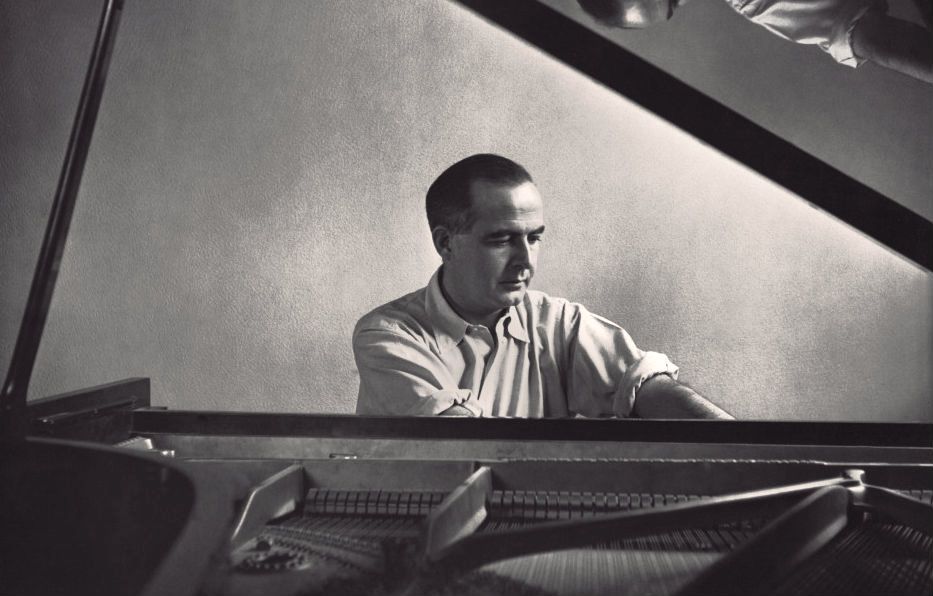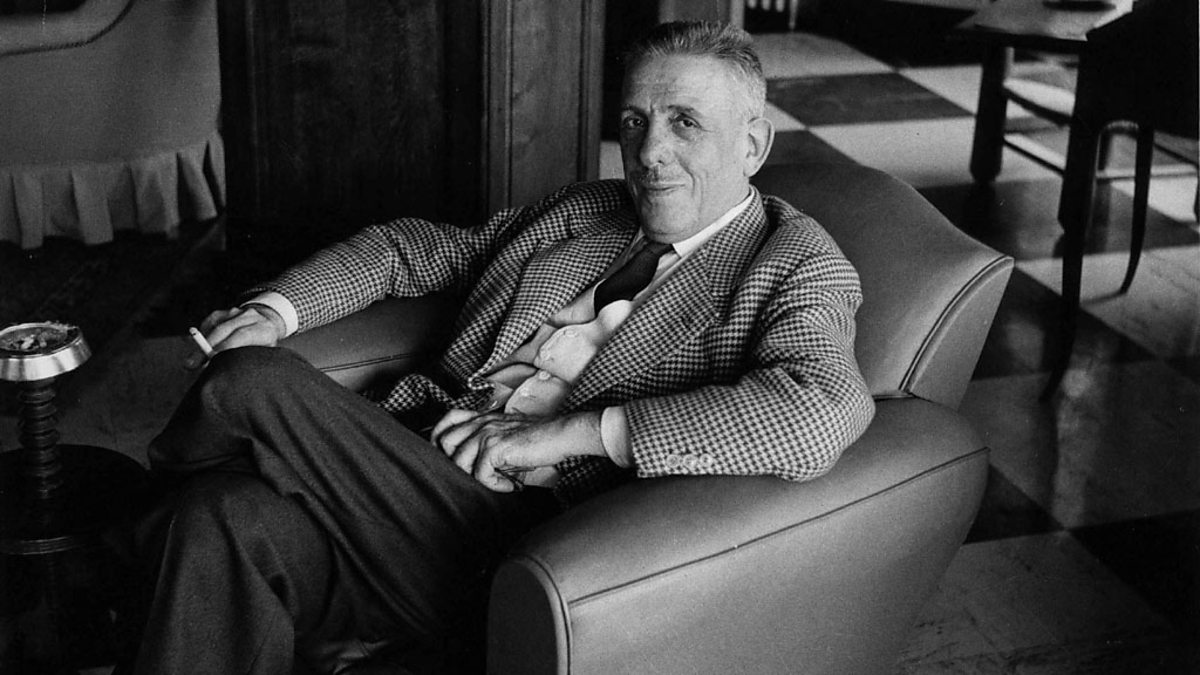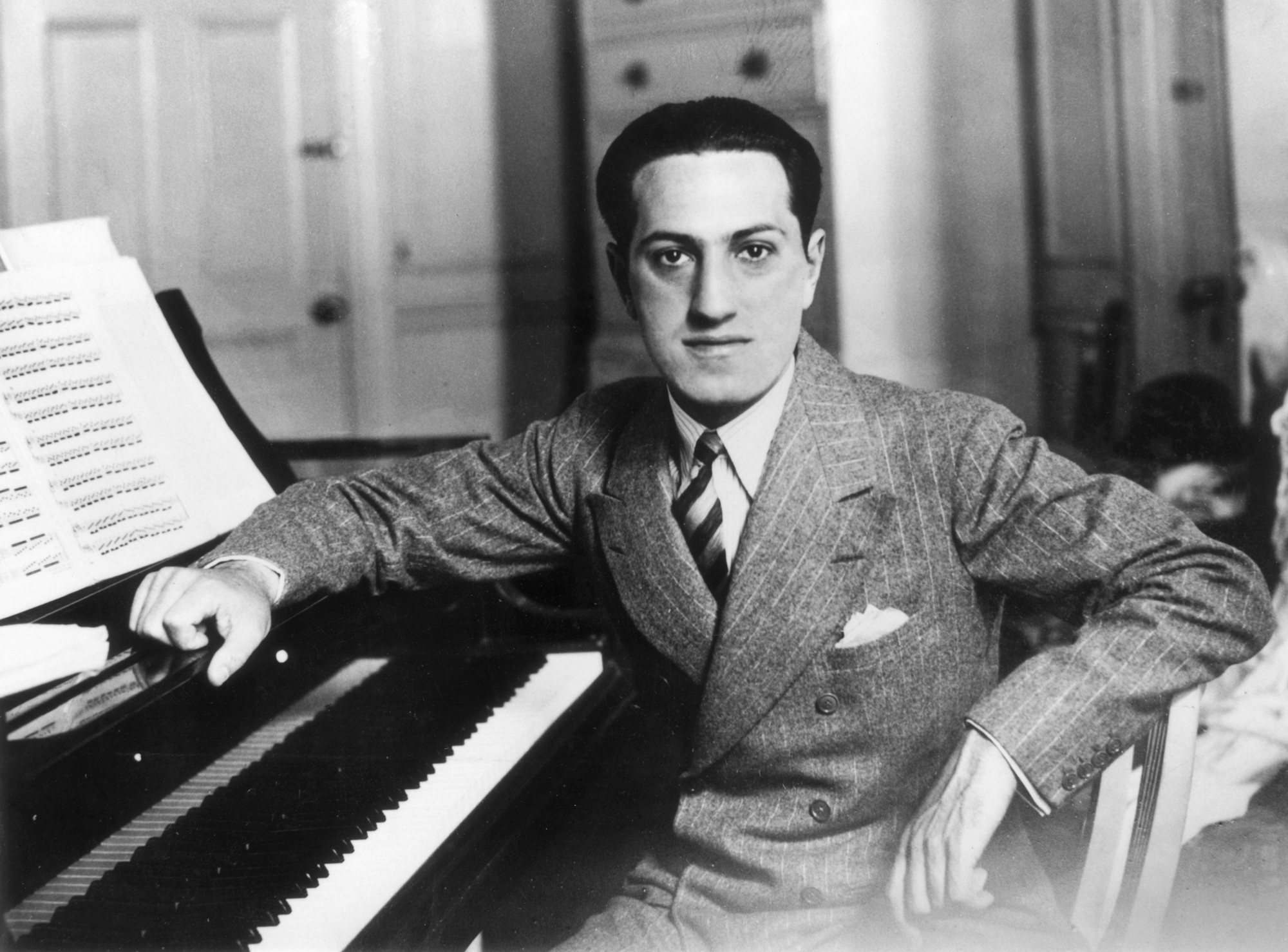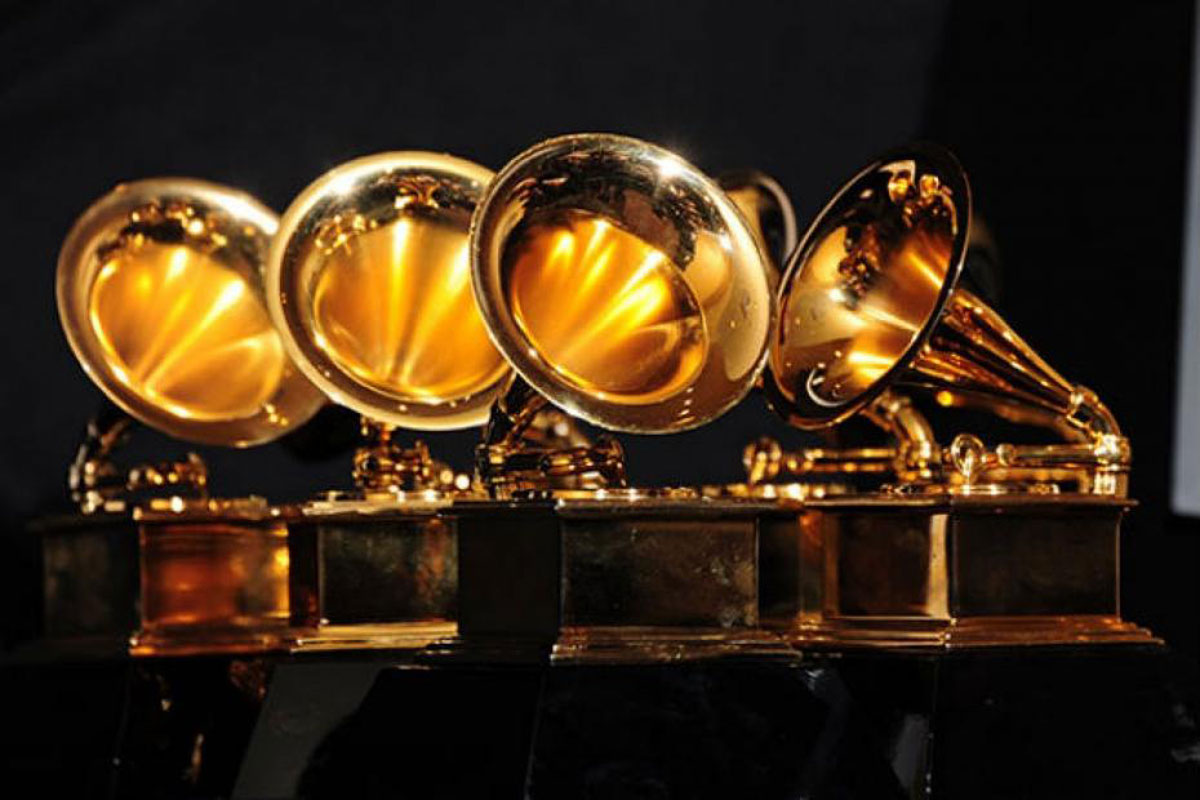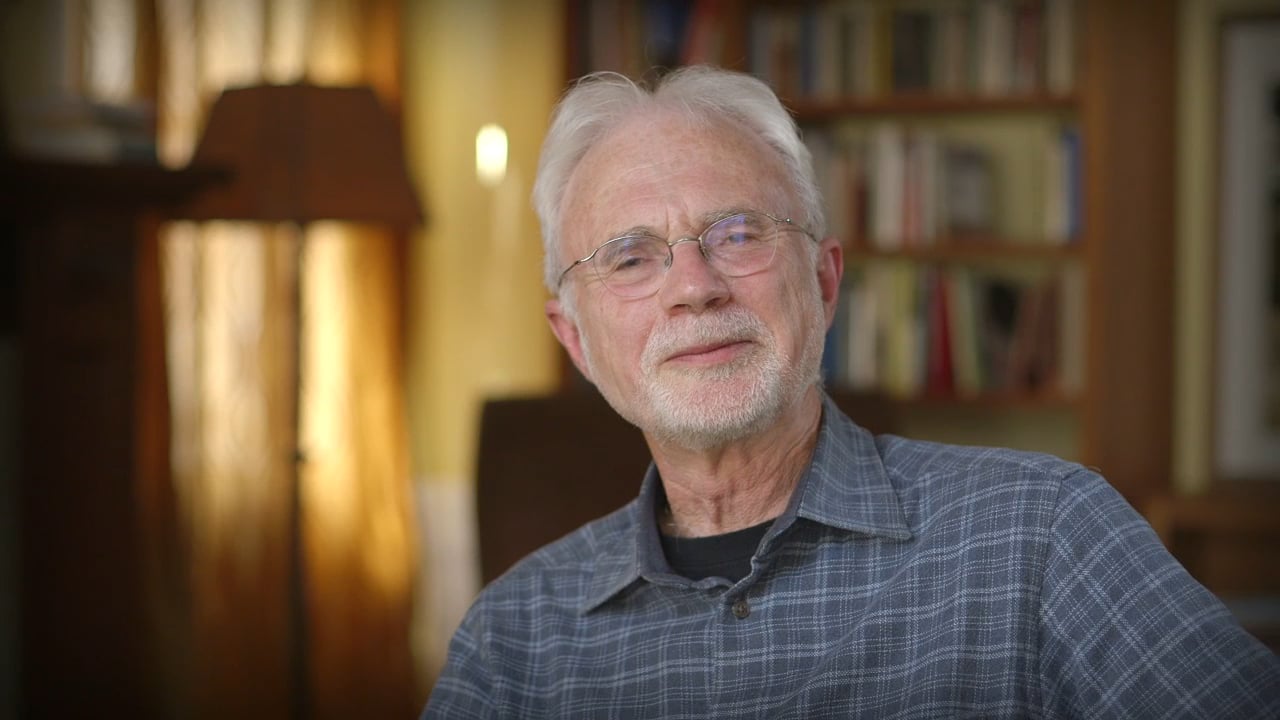Barber’s Second Essay: Mid-Century American Romanticism
Samuel Barber (1910-1981) composed his first piece, a 23-measure piano composition in C minor called Sadness, at the age of seven. At the age of nine he wrote this precocious letter: Dear Mother: I have written this to tell you my worrying secret. Now don’t cry when you read it because it is neither yours nor my fault. I suppose I will have to tell it now without any nonsense. To begin with I …

